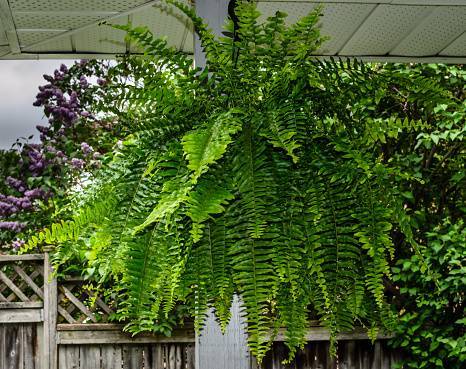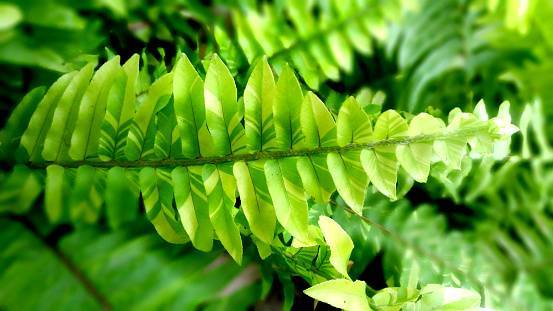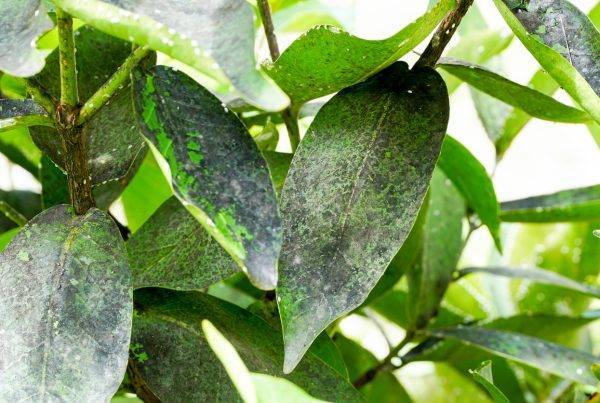Boston Fern also known as Sword fern, this fern has light green sword like fronds. Its fronds have tiny leaflets that grow straight up and begin arching as they get larger. Nephrolepis exaltata is native to tropical forests in the Americas.
| Water | Light | Humidity | Temp | Food | Soil | Problems | Repot | Propagation | Toxicity |

Water for Boston Fern
One of the major factors in keeping a Boston Fern happy is meeting its water needs. Keeping the soil consistently moist. This means that just the very top of the soil should dry out before watering.
Light
It does well with anywhere from medium to bright indirect light. It does not like direct sun and leaves will scorch if kept in direct sun.
Humidity
It’s a good idea to increase the humidity around a Boston fern. They love humidity and will thrive if both water and humidity needs are met. Provided you have enough light, they are the perfect plant for a bathroom or kitchen where there is a naturally higher humidity.
Temperature
Ideal range 15-24 degrees Celsius
Food
Boston Ferns do well with a monthly feed while actively growing.

Soil for Boston fern
A well draining soil is important for these guys as they like to be consistently moist. They like a light, moist, well drained soil. 1/3 compost, 1/3 potting soil, 1/3 perlite would be a good mix for them.
Problems
Most common problems attributed to Boston Ferns can be linked back to their love of consistently moist soil. That’s why drainage is so important, provide enough and it will help to prevent these problems.
Root Rot – Often happens when a plant is kept in wet soil.
Fungus Gnats – thrive in moist soil, allowing the top of the soil to dry out will deter them.
Powdery Mildew – A common problem in warm humid environments.
Repot
Boston Ferns are fast growers when given the right conditions. Repot every 1-2 years
Propagating Boston Fern
Easily propagate Boston Fern by dividing while repotting. They also send out horizontal shoots called stolons which can be propagated by simple layering.
Toxicity
Boston Fern is not toxic to humans and pets.
Happy Gardening!






I love your blogs and I love fearns..great advice thank you